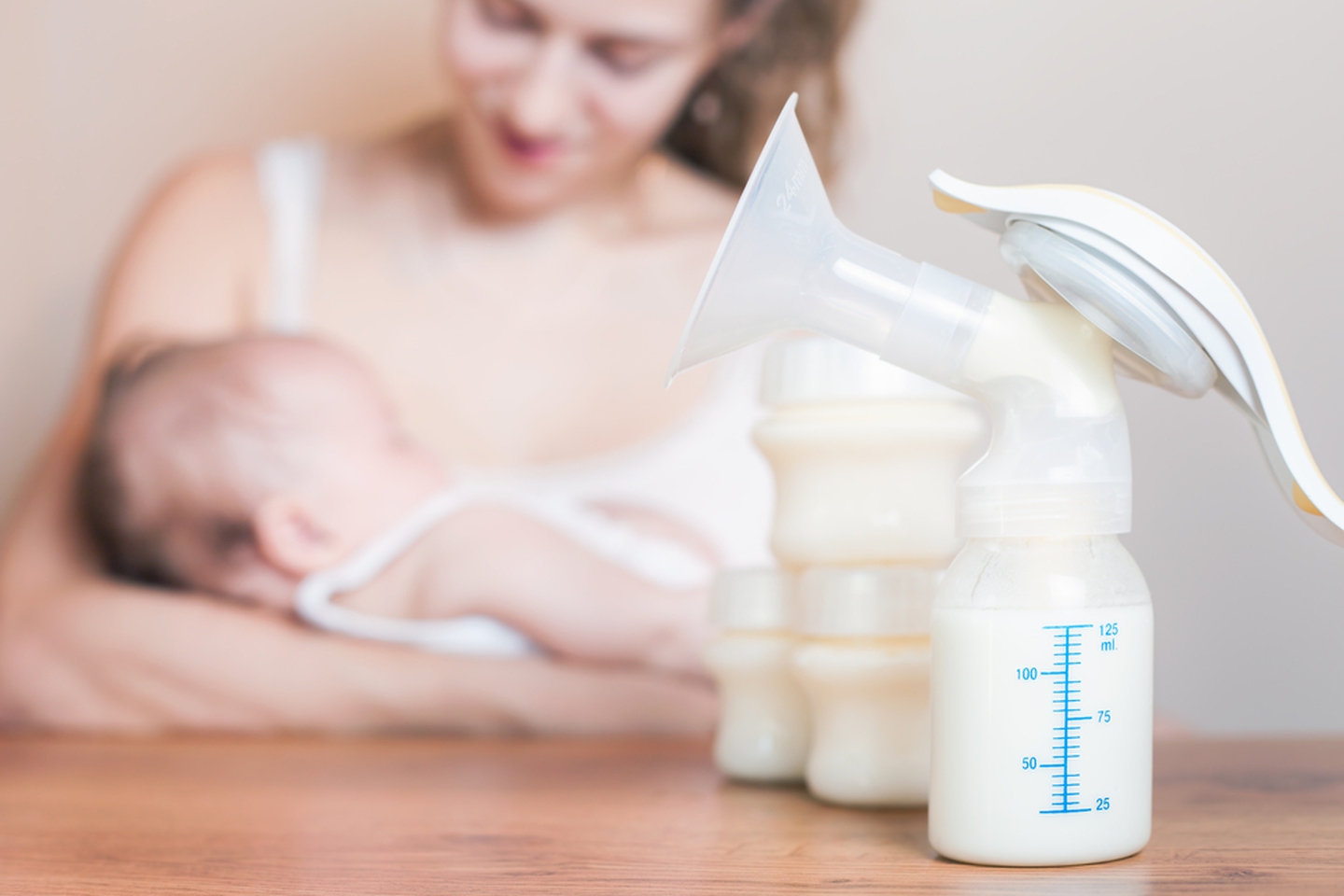
For those of you who just have a baby, surely you want to give the best as their parents. Especially for women, being able to give exclusive breastfeeding is the best thing a mother can give to her child. Besides being highly nutritious, breast milk is also known to help build the baby's immune system.
Breast milk can be given in two ways, either direct breastfeeding or indirect breastfeeding (pumping). Even though both ways are doable, pumped breast milk has a higher risk of contamination. According to research published in the Cell Host & Microbe journal, microbiota contained in breast milk can be affected by bacteria found in the baby's mouth or the surrounding environment, including the breast milk pumps.
While it’s safe for consumption, breast milk is known to contain very small amounts of bacteria. These bacteria can help babies build microbiota in their intestines. Disorders in the process can cause several chronic diseases in infants such as allergies, asthma, and obesity. The disorder occurs when breast milk is contaminated by pathogens and enters the baby's digestive system. In this study, it was proven that indirect breastfeeding (pumped breast milk) is known to contain more pathogens such as Stenotrophomonas and Pseudomonadaceae. These pathogens can increase the risk of respiratory infection in infants.
In their study, the researchers collected 393 breast milk samples obtained from mothers who had just given birth 3-4 months earlier. The researchers used the sample to determine the composition of breast milk microbiota and see what factors could affect the composition.
Text by Anggie Triana
Stock photos from Image Google Search
Source(s):
- Moossavi, S., Sepehri, S., Robertson, B., et all (2019). Composition and Variation of the HUman Milk Microbiota Are Influenced by Maternal and Early-Life Factors. Cell Host & Microbe, DOI: 10.1016 / j.chom.2019.01.011.
- Science Daily - Effect of breastfeeding versus pumping on human milk microbiome (2019). https://www.sciencedaily.com/releases/2019/02/190213124445.htm, March 05, 2019.